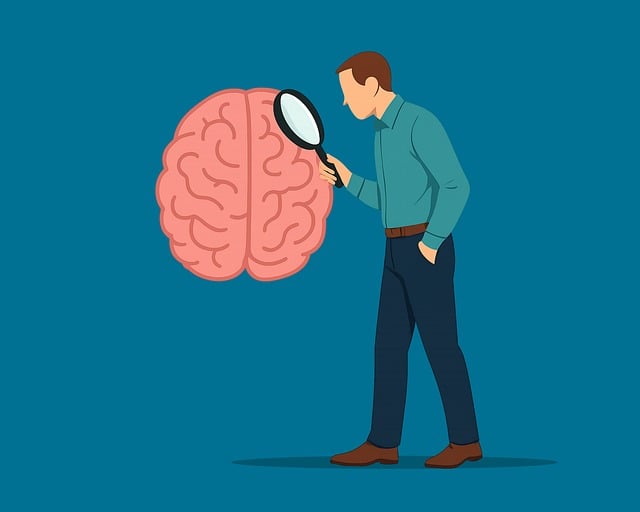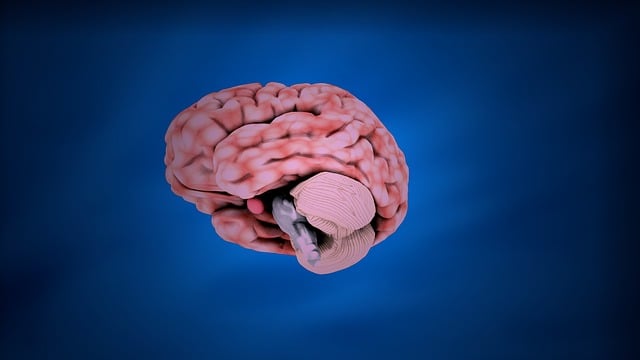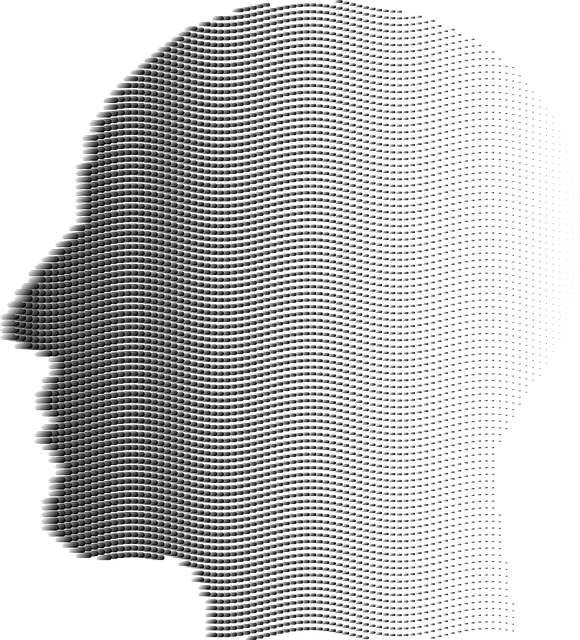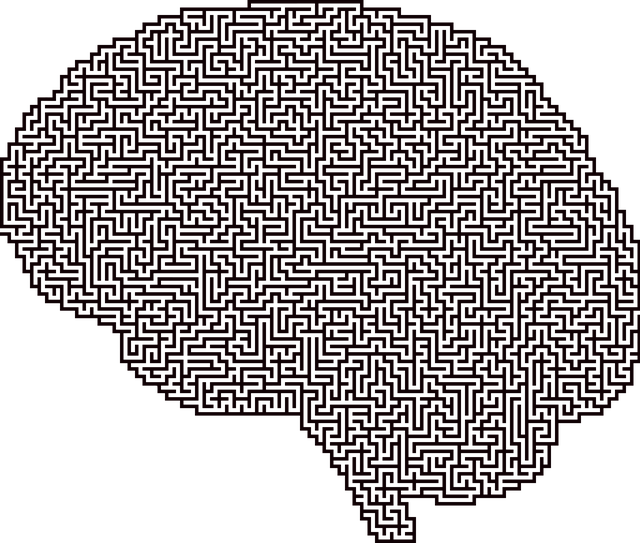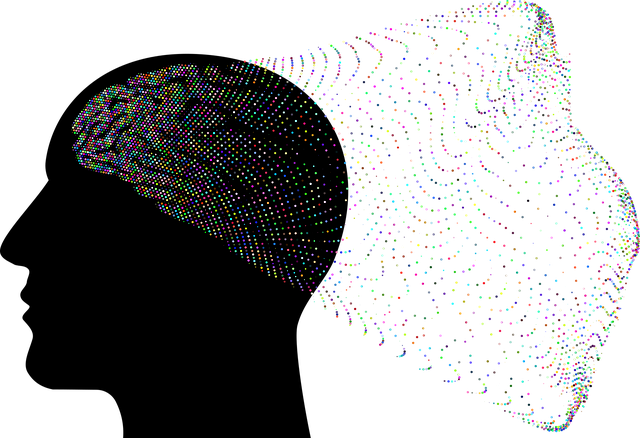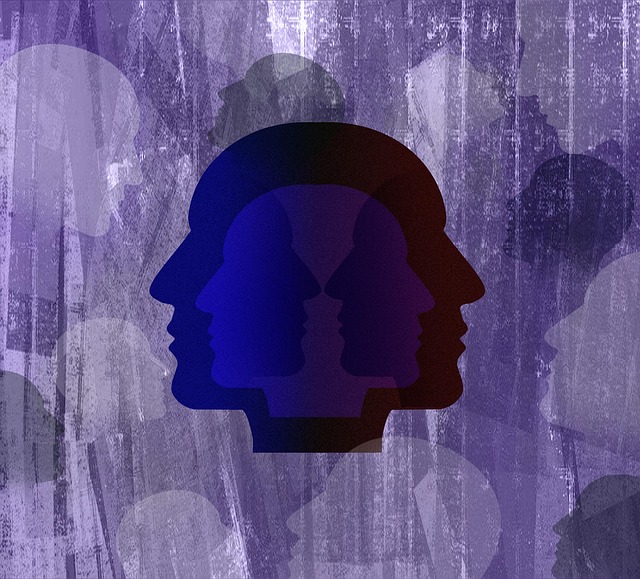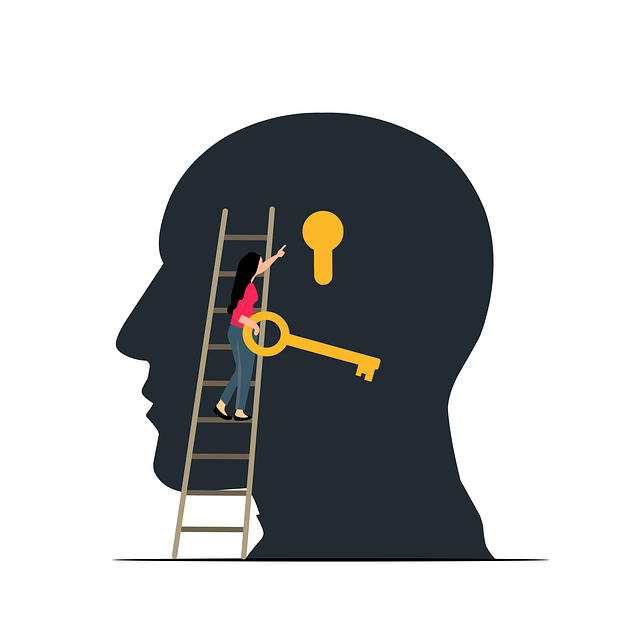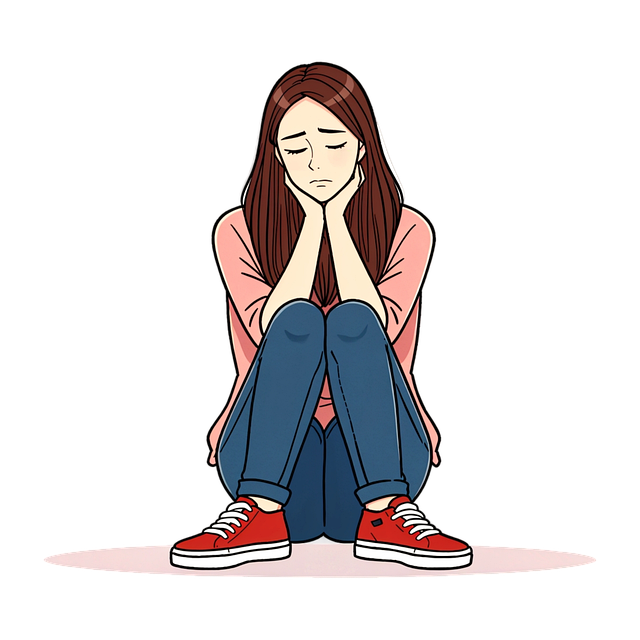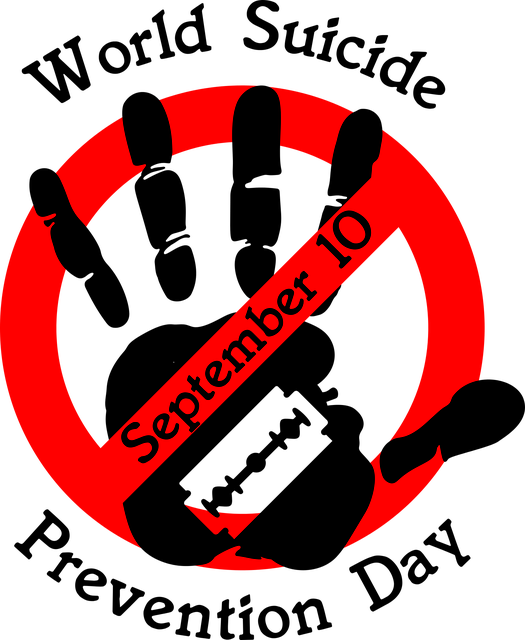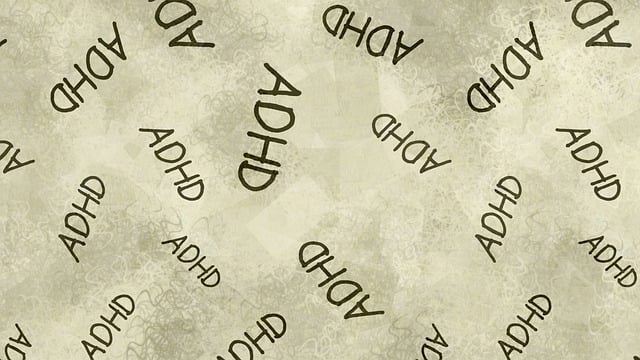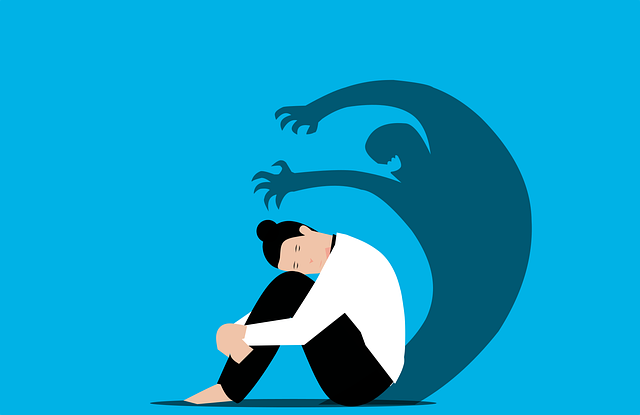Mental wellness journaling is a versatile therapy, benefiting both adults and adolescents by fostering self-awareness and coping skills development. It offers a safe space for emotional expression, mood tracking, and pattern identification, leading to improved emotional control. For teens, it's an outlet for experience processing and healthy mechanism development; for adults, it promotes mindfulness amidst life pressures. This method enhances self-care routines, encouraging emotional exploration and growth. By highlighting its therapeutic value, public awareness campaigns can foster empathy and prioritize mental health. Creative expressions like drawing or painting further enhance its benefits, offering visual insights into the mind and promoting self-discovery.
“Unleash your inner voice and embark on a journey of self-discovery with mental wellness journaling. This powerful tool, accessible to all ages, offers a sanctuary where individuals can explore their thoughts and emotions. In this article, we delve into the profound benefits of journaling for adult mental health, its role in fostering resilience in adolescents, and creative ways to enhance well-being. From understanding its therapeutic value to practical tips, discover how journaling can be a game-changer for both adults and teens seeking self-care and growth.”
- Understanding Mental Wellness Journaling: A Powerful Tool for All Ages
- Benefits of Journaling for Adult Mental Health and Wellbeing
- Adolescent and Teen Journaling: Fostering Resilience and Self-Discovery
- Creating a Safe Space on the Page: Tips for Effective Journaling Exercises
- Incorporating Creative Expressions in Mental Wellness Journaling
Understanding Mental Wellness Journaling: A Powerful Tool for All Ages

Mental wellness journaling is a powerful tool that offers significant benefits for individuals of all ages, serving as an effective therapy for both adults and adolescents and teens. It provides a safe space to express emotions, thoughts, and experiences, fostering self-awareness and coping skills development. By putting pen to paper, one can reflect on their mental state, track mood swings, and identify patterns that contribute to stress, anxiety, or even depression. This simple yet profound practice empowers individuals to take control of their emotional well-being.
For adolescents and teens navigating the complexities of growing up, journaling can be an outlet for processing emotions and experiences, helping them develop healthy coping mechanisms. It allows them to explore their identities, manage mood, and prevent or mitigate depression early on. Similarly, adults facing the pressures of modern life can benefit from this practice, as it promotes mindfulness and helps them stay grounded amidst chaos. Ultimately, mental wellness journaling is a versatile method that enhances self-care routines, offering a personal and private space for emotional exploration and growth.
Benefits of Journaling for Adult Mental Health and Wellbeing

Journaling has emerged as a powerful therapy for adults, adolescents, and teens, offering numerous benefits for mental health and overall wellbeing. This introspective practice allows individuals to process their thoughts and emotions in a safe and private space. By putting pen to paper, one can gain valuable insights into their mental state, identify triggers, and develop coping strategies. It serves as an effective form of self-care, encouraging emotional regulation and fostering empathy within oneself and others.
The act of journaling promotes better mental health by providing a creative outlet for expression. It helps individuals process complex feelings, reduces stress, and improves sleep quality. Moreover, it can enhance social skills through the development of self-awareness and improved communication. Public awareness campaigns that emphasize journaling as a therapeutic practice can contribute to building a more empathetic society, where people are encouraged to prioritize their mental health and support one another.
Adolescent and Teen Journaling: Fostering Resilience and Self-Discovery

Adolescent and teen journaling is a powerful tool for fostering resilience and self-discovery during pivotal years of development. By encouraging young individuals to express their thoughts, emotions, and experiences in writing, mental wellness journaling exercises can help navigate the complexities of adolescence. This practice provides a safe space for reflection, allowing teens to make sense of their feelings and challenges without judgment.
Through regular journaling, adolescents can develop coping strategies, enhance self-awareness, and build mental agility. It enables them to explore different perspectives, process traumas or stressors, and set personal goals. Moreover, this therapeutic practice supports risk management planning for mental health professionals by offering insights into a teen’s psychological state, aiding in early intervention and personalized support. Community outreach program implementations can also benefit from these insights, ensuring programs cater to the unique needs of adolescents and fostering better outcomes.
Creating a Safe Space on the Page: Tips for Effective Journaling Exercises

When engaging in mental wellness journaling exercises, creating a safe space on the page is paramount. It’s crucial to establish a judgment-free zone where thoughts and feelings can flow freely, akin to a private sanctuary within your journal. To achieve this, set aside dedicated time for journaling, choosing a quiet, comfortable setting free from distractions. Select tools that resonate with you—a pen that feels good in your hand or a notebook with aesthetically pleasing pages—as these sensory elements contribute to a more inviting space.
Embrace mindfulness as you write, focusing on the present moment rather than getting caught up in self-criticism or past regrets. Allow yourself to explore emotions without attachment, treating each entry as an opportunity for self-discovery and healing. Incorporate practices like gratitude lists, positive affirmations, or reflections on Mind Over Matter principles to cultivate a sense of calm and promote mood management. Remember, consistent practice through community outreach program implementations can help transform journaling from a chore into a powerful therapy for adults, adolescents, and teens alike.
Incorporating Creative Expressions in Mental Wellness Journaling

Incorporating creative expressions into mental wellness journaling can significantly enhance its therapeutic effects for adults, adolescents, and teens alike. Drawing, painting, or even collage-making allow individuals to visually represent their emotions, thoughts, and experiences in ways that words might not capture as easily. This process can serve as a powerful tool for self-discovery, offering unique insights into one’s mental landscape. By encouraging non-verbal communication, creative journaling fosters a sense of freedom and flexibility, making it an accessible form of expression for those who may find traditional writing challenging.
For instance, incorporating mindfulness meditation techniques alongside creative expressions can lead to remarkable stress reduction methods. Drawing a calming scene or creating a visual representation of one’s breath can help individuals cultivate a deeper awareness of their senses, promoting mindfulness and relaxation. This integration of art and therapy can boost confidence by providing a safe space for self-exploration, enabling adolescents and teens to navigate their emotions with greater ease and self-acceptance.
Mental wellness journaling is a versatile tool that benefits individuals across all ages. For adults, it serves as a powerful therapy, promoting mental health and overall wellbeing. Adolescents and teens can find solace in its ability to foster resilience and encourage self-discovery. By creating a safe space on the page, people of any age can harness creativity and gain valuable insights. Incorporating diverse expressions allows for deeper connection with oneself, making journaling an accessible and effective method to enhance mental wellness.
